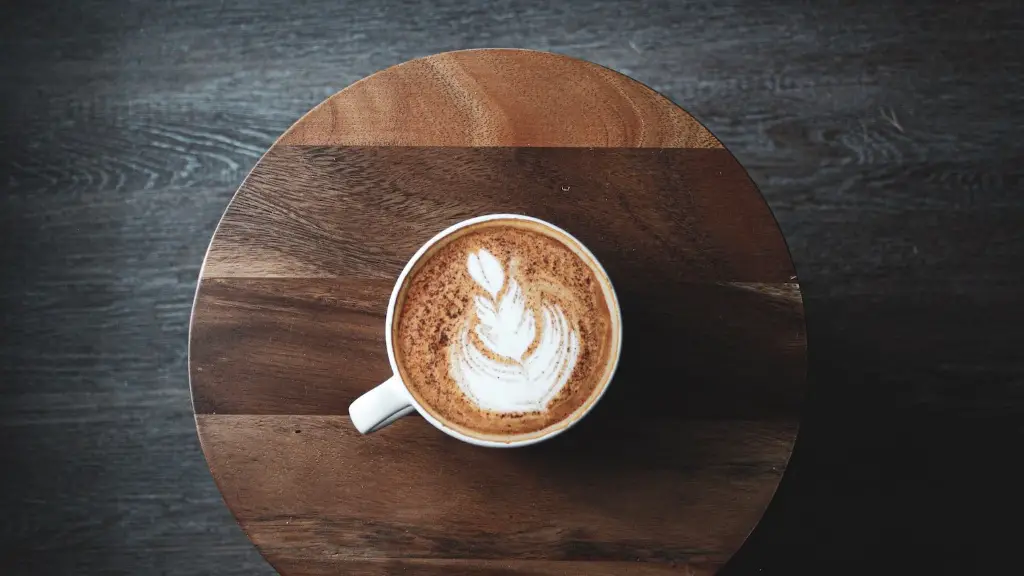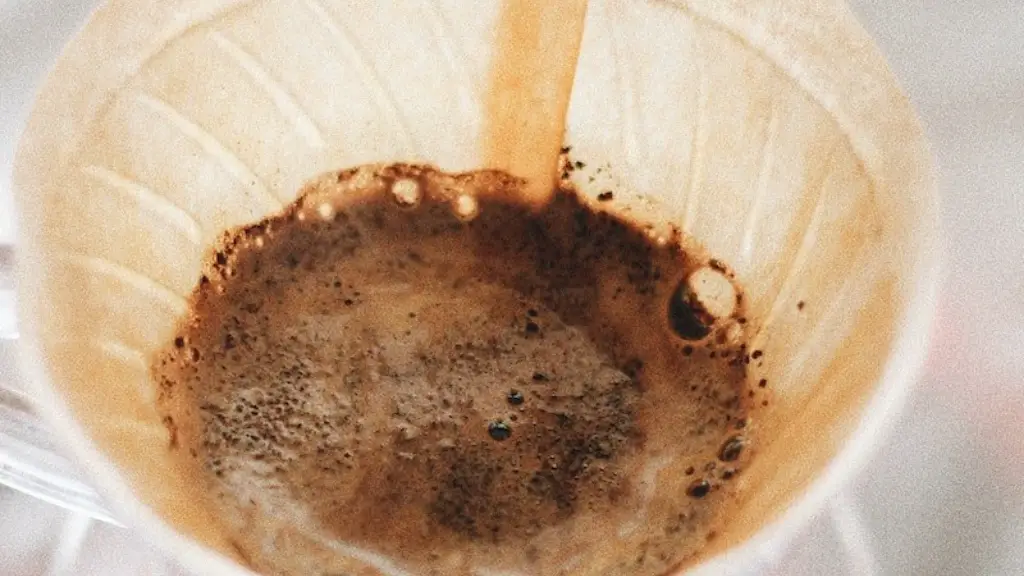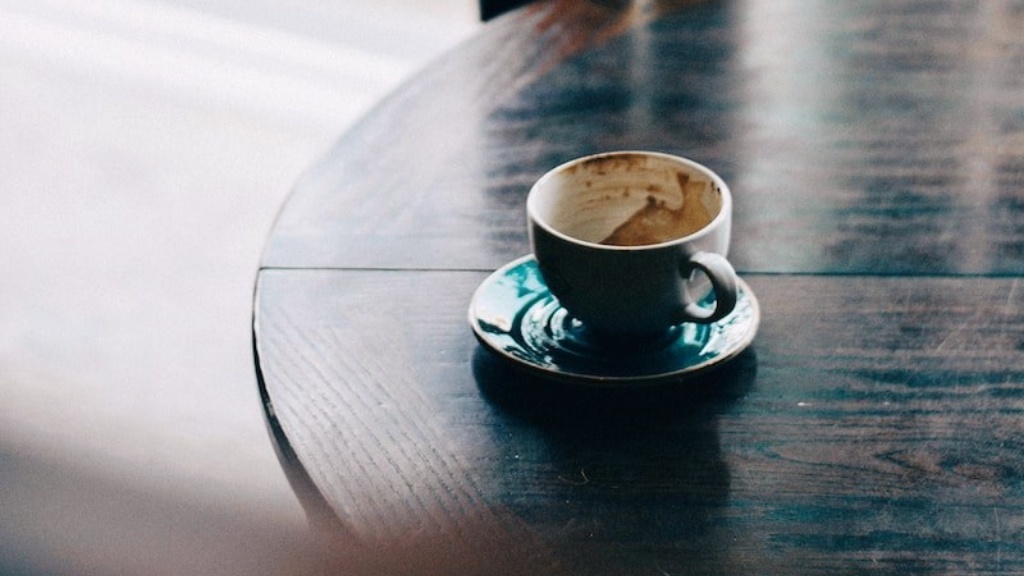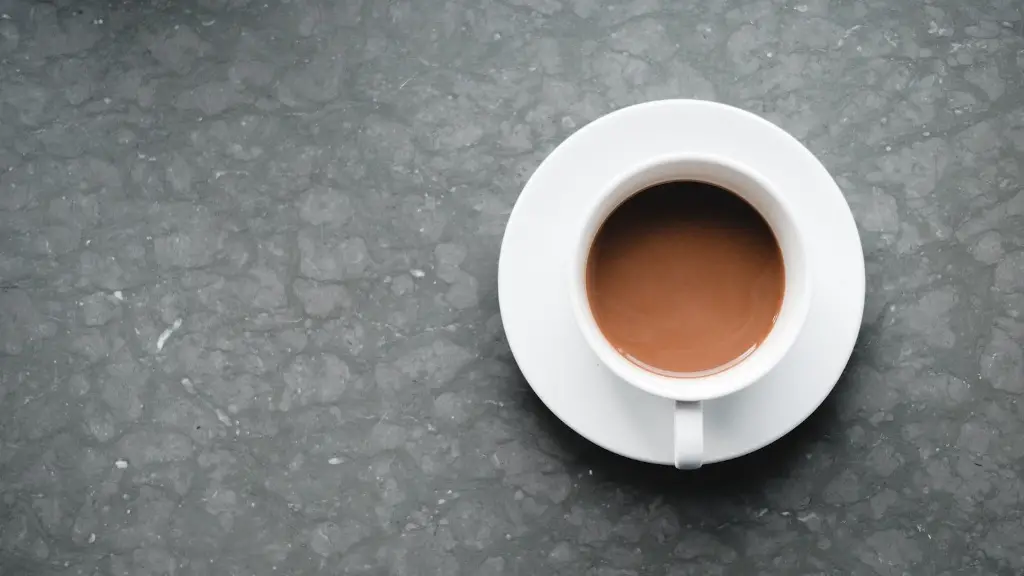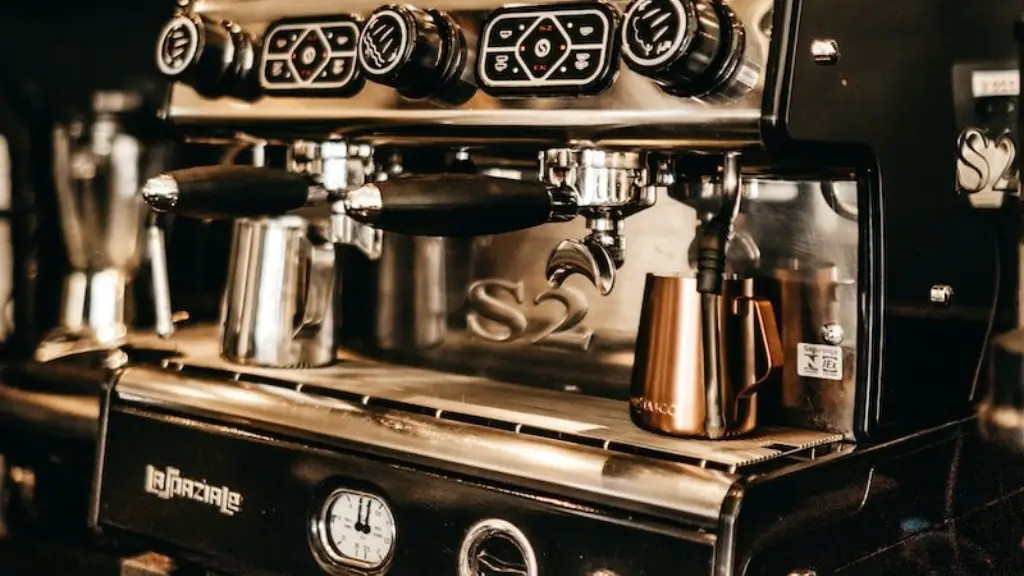Statistics show that more than one in three Americans have high cholesterol. While diet and exercise are important in the management of high cholesterol, individual doctor visits have become more common. As part of the visit, physicians typically order a cholesterol blood test. It is widely known that fasting is required before such a test. But recently, many people have asked, can you drink black coffee before a cholesterol blood test?
Due to the variety of advice available both online and in medical publications, the answer to this question is less straight-forward than it appears. Generally, black coffee is allowed before the test, but other sources suggest abstaining from black coffee. To address the question of drinking black coffee before a cholesterol blood test, additional considerations should be made.
Before outlining additional considerations, it is important to understand the importance of fasting. Fasting before the cholesterol blood test prevents consume from having incorrect readings. When one consumes food (or other beverages) before the test, the triglyceride level can be incorrectly elevated or reduced. The triglyceride is important for cholesterol readings and inaccurate numbers can directly influence a doctor’s diagnosis.
In addition to understanding the importance of fasting before a cholesterol blood test, understanding the make-up of black coffee is important. Although black coffee is mainly water, it also contains an insignificant amount of caffeine and minerals. These minerals can cause the individual’s cholesterol readings to be inaccurate, thereby skewing the overall diagnosis. For this reason, doctors usually recommend abstaining from black coffee before the test.
Moreover, individuals should also consider their personal health. For example, some people are more sensitive to caffeine than others. Consuming caffeine can keep them awake or cause insomnia. It can also lead to other issues such as muscle pains and hypertension. As such, if you are a sensitive individual, it is best to abstain from the coffee.
Finally, those with pre-existing medical conditions should continue to follow the advice of a doctor. For example, pregnant women receiving care from a specialized physician should consult with their comprehensive provider before deciding to drink black coffee as part of the cholesterol test.
The impact of coffee consumption on cholesterol levels
In terms of coffee consumption and its impact on cholesterol levels, published findings are mixed. While some studies show that regular coffee consumption may lower the risk of high cholesterol, the effects seem to diminish over time. This is because coffee contains compounds and antioxidants that can influence cholesterol readings. Additionally, even regular coffee consumption is not a substitute for maintaining a healthy diet and exercise regime, both of which can influence cholesterol levels.
Furthermore, understanding the type of coffee consumed is essential. Research has shown that, while home brewed coffee may have benefits, there are accompanying risks. Most notably, scientists have found that pre-made coffees, such as instant or single-serving coffee pods, contain levels of certain antioxidants that can be detrimental to the body.
In terms of cholesterol tests, other types of coffee are also problematic. For instance, milk-based coffee drinks and much sugary coffee drinks contain levels of fat and saturated fats that can influence cholesterol readings. This is especially true when consumed prior to the test.
Finally, those with a family history of cholesterol should pay special attention to their nutrition. Even consuming black coffee may have an effect on cholesterol readings, as the antioxidant compounds in coffee can have a long-term impact on cholesterol levels. For this reason, it is advised to abstain from black coffee before a cholesterol blood test.
Reasons for abstaining from other foods and beverages
Though the research into the implications of coffee consumption for cholesterol levels is mixed, the advice for abstaining from other foods and beverages prior to a test is clear. Generally, these foods and drinks include soft drinks, tea, wine, juice and other beverages excluded from the blood test preparation instructions.
Moreover, even if the individual abstains from black coffee, consumption of other beverages may still have an effect on the accuracy of the cholesterol test readings. As such, it is best to avoid all beverages prior to the test and get enough rest. Doing so helps prevent inaccurate readings and allows the body to replenish its glucose stores.
Furthermore, similarly to abstaining from coffee, fasting before the cholesterol blood test also requires the individual to abstain from food. Solid food should not be consumed for at least 8 to 12 hours before the test. In the case of a morning test, the individual should stop eating in the evening before the test.
However, it is also important to stay hydrated. For this reason, it is alright to drink water and unsweetened tea or beverages prior to the test. It is best to consume small amounts every 2 to 3 hours to prevent any adverse health effects from dehydration.
Managing cholesterol levels with healthy lifestyle habits
It is important to note that drinking black coffee before a cholesterol blood test is generally not required or recommended. The best advice is to abstain from all beverages, including coffee, for at least 8 to 12 hours before the test. Moreover, individuals should focus on other ways to manage cholesterol levels, such as making dietary changes and exercising regularly.
In terms of dietary changes, individuals looking to lower cholesterol levels naturally can make some simple dietary swaps. This means avoiding food high in saturated fat, such as red meat and processed foods, and focusing on eating foods high in fiber, such as fruits and vegetables. Additionally, incorporating Omega-3 fatty acids and antioxidants into your diet can support healthier levels of cholesterol.
Meanwhile, regular exercise is also a great way to improve cholesterol levels. Strength training, endurance exercise, and interval training are all beneficial forms of exercise with positive impacts on cholesterol levels. Additionally, exercise such as walking and light jogging can also aid in reducing cholesterol levels.
Understanding what to expect from a cholesterol blood test
A cholesterol blood test requires individuals to fast for 8 to 12 hours before the test. During this time, abstaining from all beverages, including black coffee, is recommended. While officially recommended, caffeine can affect the accuracy of results and should not be consumed prior.
During the cholesterol blood test, a sample of blood is drawn from a vein in the arm. This sample is then sent for analysis, and results are returned a few days later. Cholesterol test results typically include total cholesterol, triglycerides, LDL, HDL, Apo B and Lp(a). Each of these readings takes into account factors such as age, sex and other medical conditions.
Doctors interpret these results and, depending on them, may advise the individual to make dietary or lifestyle changes. Doing so helps support healthier levels of cholesterol.
Conclusion: should one abstain from coffee before a cholesterol blood test?
In conclusion, it is best to abstain from coffee before a cholesterol blood test. This is due to the potential impacts of coffee on cholesterol readings. In addition to abstaining from all beverages, including coffee, prior to the test, individuals should manage cholesterol levels by incorporating dietary changes and exercise into their regular lifestyle routine.
